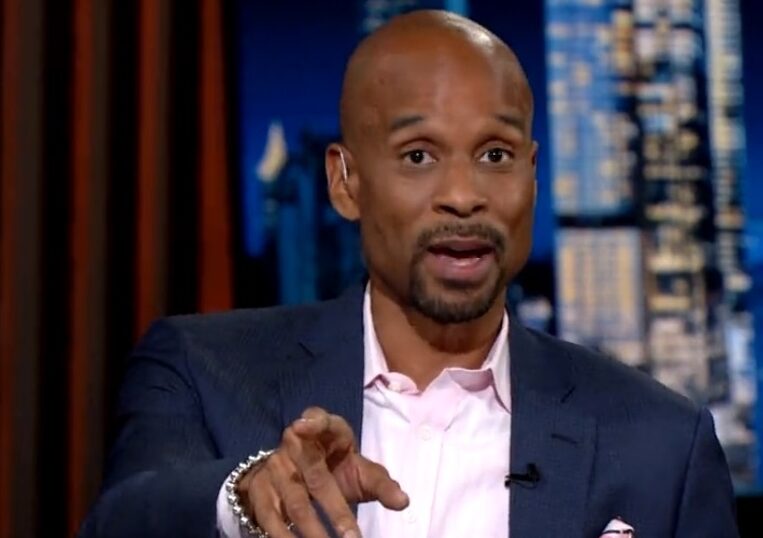The amazing thing about Bob Marley was how he always seemed to be right. Granted, he wasn’t spitting complex theses that invited much argument. His thoughts were typically basic, inarguable truisms.
It got no truer than “Them Belly Full (But We Hungry).”
Them belly full
but we hungry
A hungry mob
is an angry mob
I mean, do we need to say anything else? It was Bob at his most foreboding and obvious, but somehow as profound as anything he ever said. It managed to put the racism and oppression of Jamaica — and anywhere else, really — in stark terms that exposed those on the side of wrong as not just devilish, but also dumb.
With the backdrop of the Caribbean’s absurd levels of income inequality, this was a calm and measured warning. Keep messing with us, and we’ll burn this thing down. That’s not exactly what he said. No, that was “Burnin’ and Lootin’,” but that was certainly his point on “Them Belly Full.” If those with don’t learn to share, those without are gonna come take it. It may not happen today, or maybe not tomorrow, but it’s coming. There would be no other reasonable outcome from this situation. This is how people respond when they’ve been kicked. At some point, the kicking will stop. Can’t dance the pain away but for so long. When the “cost of living get so high,” dying can seem like a risk worth taking.
We all know this to be true. Yet and still, people keep kicking. Why? Because they feel like it. That can be the only reason when the act itself is so doomed. The fight itself won’t last long, but it’ll cost more than it would to share.
::Receive Bomani’s Blog, Videos, and Podcast. Subscribe to The Email Jones.
Yet so many are full while others are hungry.
While the image of Marley is always couched in revolution, “Them Belly Full” almost speaks to the opposite. It acknowledges a resignation to withstanding poverty, and it’s built around the simple coping mechanisms of the downtrodden. There is nothing about actually fighting. But it’s damn sure around the corner.
That was the genius of Marley. He wasn’t soft, but he couldn’t have gotten away with anything as explicitly combative as, say, The Clash’s “The Guns of Brixton.” He had to convey his message similarly to how civil rights workers did in the American South. The message had to be pure. It had to be based in a universally recognized philosophy (even if the spiritual basis, Rastafarianism, wasn’t embraced the same way). He couldn’t just challenge. He had to dare those on the side of wrong to challenge themselves.
Sometimes those appeals would be emotional. On “Them Belly Full,” it was pragmatic. The emotion was unnecessary. The coldness of the verses spoke to the fire beneath them. The dancing on the hook almost seemed like The Wailers were stepping outside before they really got pissed.
But the point was made. And, as always, Bob was right. We’ve seen it all over the world. At some point, someone will realize cats like Marley weren’t playing. They were doing the very real job of reminding power that the world they ignore is closer than they think.
And it get too close for comfort unless something changed. Sadly, four decades after Bob said this, people still haven’t gotten the message.
June 7, 2012
